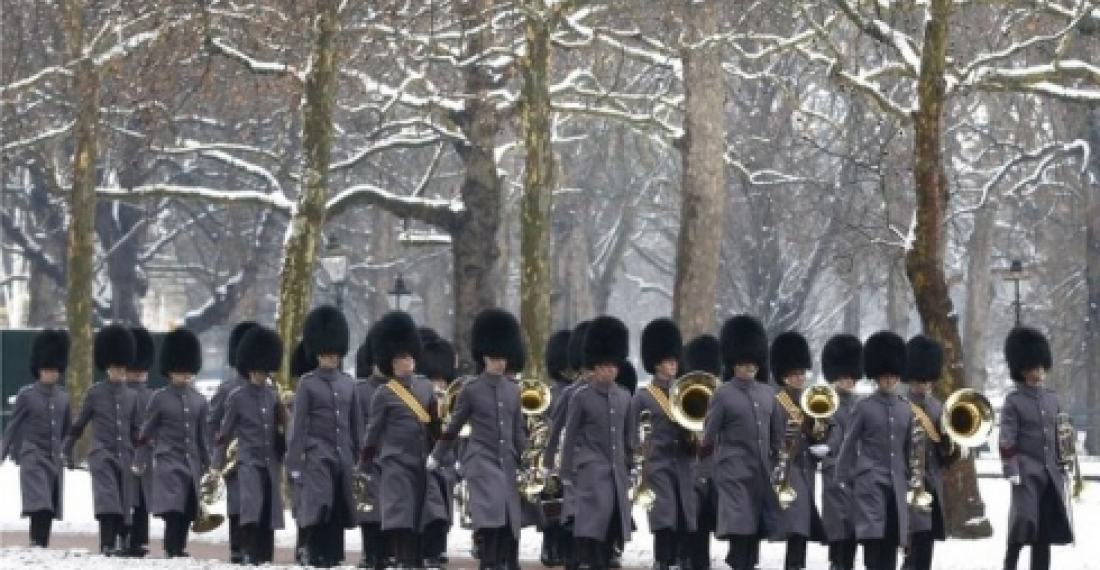Russia's energy company Gazprom has reduced its gas deliveries to the European Union due to higher demand in Russia during this period of extreme cold weather. Eight European countries are affected: Poland, Slovakia, Austria, Hungary, Bulgaria, Romania, Greece and Italy
Initially Gazproim denied any knowledge of the decrease, however it later said that it needed more gas for the domestic market. Russia explained that it needs "more gas because of the cold wave" and that "the contract between Gazprom European companies allows a degree of flexibility" for such situations.
A spokesperson for the European Commission last week stated that "Russia has not provided all the information," but declined to connect the shortfall to the current dispute between Russia and Ukraine on transit charges. The Commission has alerted the Gas Coordination Group, made up of representatives of states, energy companies and gas pipeline operators.
source: commonspace.eu with agencies
picture: Heavy snowfall fell on London during the weekend, but it was buisness as usual for the Band of the Guards Regiments as they marched through the Mall on Sunday (picture courtesy of the BBC).







